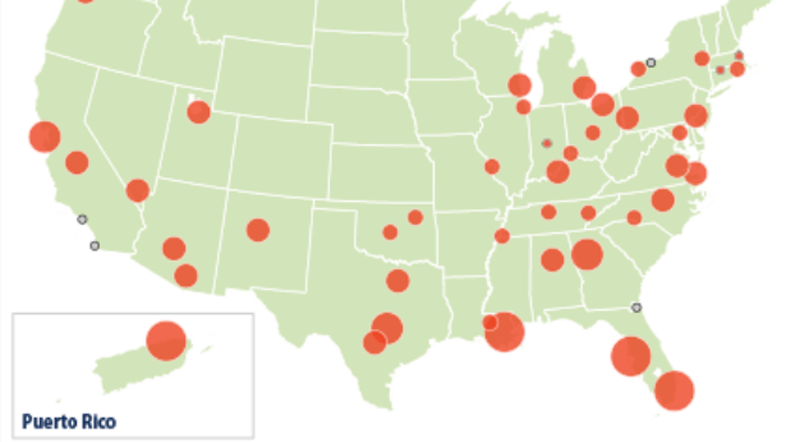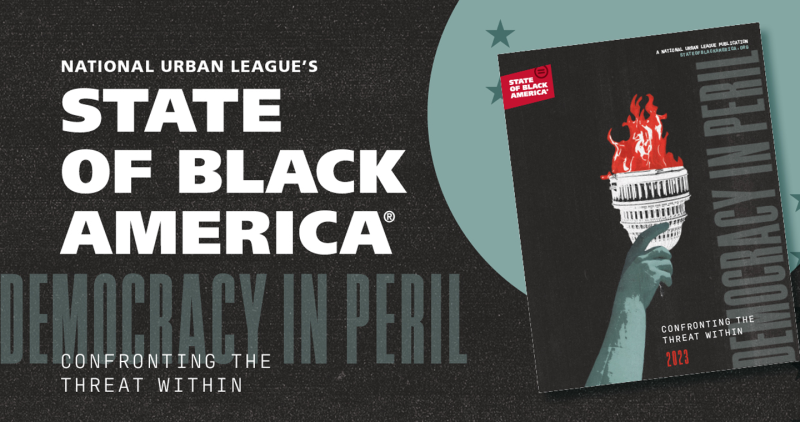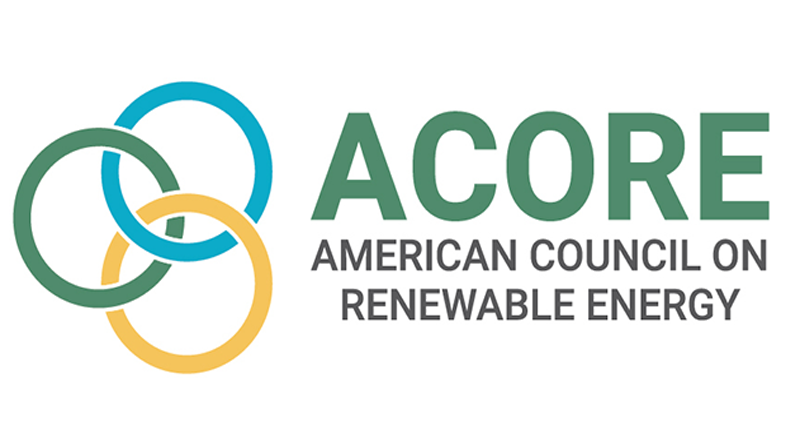One Person, One Vote: Our Fight for a Free and Fair Democracy
For as long as America has existed, two opposing forces have fought over how we express and confer the rights and privileges of citizenship, freedom, and equality. Those who believe in a more inclusive nation have been countered by those who seek to maintain their own power. And today, we are facing a multi-pronged assault that seeks to roll back protections for voters, restrict access to the franchise, and redefine the way that power is gained and exercised in the United States.
We have seen this assault in voting restrictions, voter ID laws, and voter roll purges that have unfairly, and in some cases illegally, impaired the rights of American citizens. We have seen it in map manipulation and gerrymandering that have allowed politicians to pick their voters so a party with minority views and minority support can illegitimately govern with majority power. We have seen it in Supreme Court decisions that gave secretive organizations the power to spend unlimited money; that gutted hard-won protections written into the Voting Rights Act; and that abdicated the Court’s own responsibility to ensure justice in the face of partisan gerrymandering. All of these efforts prevent people from being heard – most specifically, people of color.
These voter restrictions and gerrymandering efforts are significant reasons why state legislatures and Congress are not representative of the nation. They are why – on issues from health care to gun violence to systemic racism to voting rights – our representative forums far too often do not adopt the policy desires of the people.
This series of injustices sets in motion a vicious cycle: By picking their voters, politicians insulate themselves from meaningful challenges. Politicians who are unaccountable to their constituents are emboldened to push more discriminatory voter suppression bills, more widespread voter purges, more pernicious voter restrictions, and more blatant gerrymandering to lock themselves into power for decades to come. The longer this process continues, the more difficult it will be to bring it to an end.
That’s the bad news.
The good news is that we know what we have to do in order to make necessary, fundamental change. Far too often, we overlook the important races happening at the state and local level, but these are the political figures who often have the greatest impact on our day-to-day lives. We must elect state legislators and governors who are committed to legitimate representation and a fair redistricting process. We have to litigate against maps and restrictions that seek to disenfranchise voters. We have to fight for nonpartisan commissions and fair processes in every state. We have to pass federal reforms like the For the People Act, which bans the gerrymandering of congressional districts, creates standards to protect voters, and helps remove dark money from our political system. We also need to pass the John Lewis Voting Rights Advancement Act, which would enhance the Voting Rights Act of 1965 and restore key provisions that the Supreme Court erroneously gutted. In communities and districts across the nation, we have to establish and maintain the fundamental idea that power must be established and maintained through the will of the people.
I know our success is possible. After I left the Department of Justice, I set up the National Democratic Redistricting Committee to help end partisan and racial gerrymandering and ensure access to the franchise. In states like Colorado, Ohio, Michigan, Virginia, and Utah, we supported successful voter referendums to create citizen-led commissions to draw the maps or reforms that make the process less partisan. In North Carolina, we brought cases that required the creation of new, more fairly drawn districts. And across the country, we helped reform-minded candidates win elections to state legislatures, judicial seats, and governors’ offices.
This work isn’t about creating an advantage for any one party. All Americans have a stake in a democracy that prizes the idea of “one person, one vote.” No matter your political persuasion or what policies you advocate, your voice will be stronger if politicians are required to be responsive to your needs. Political parties, too, should welcome a fair contest; if you are confident in your proposals, you should put them to the test. If you support democracy – not just the appearance of democracy but real governance that derives its power from the people – then you have an obligation to make the infrastructure of our democracy free and fair.
These proposals don’t just uphold our democratic ideals. They also create better policy outcomes. They make it possible for members of Congress and state legislatures from different parties to work with one another in good faith – instead of focusing only on the possibility of a primary challenge from the most extreme wings of their party. They ensure that the people of this country can be heard over the noise of partisan posturing or the power of special interest money. Building a fair, representative democracy is how we achieve long-term advances on issues from employment to education, from health care to housing, and from civil rights to criminal justice. It’s how we count every vote – and make every vote count. It is how we advance equality, opportunity, and justice in areas where too many Americans are still let down, left out, and left behind.
The job before us will not be easy; it never has been. But our aims are worth fighting for. We know from our history that the future is built by those who show up; by those who engage, resist, persist, and overcome. We have an opportunity – and an obligation – to build upon the work of all those who came before us. It is now our time to shape this nation into the diverse and compassionate community that has always been the promise of America. Make no mistake, we have the capacity to repair our country and forge a nation that recognizes the dignity of every human being and that finally makes real the promise of America.


 A Climate In Crisis
A Climate In Crisis

 Executive Summary
Executive Summary